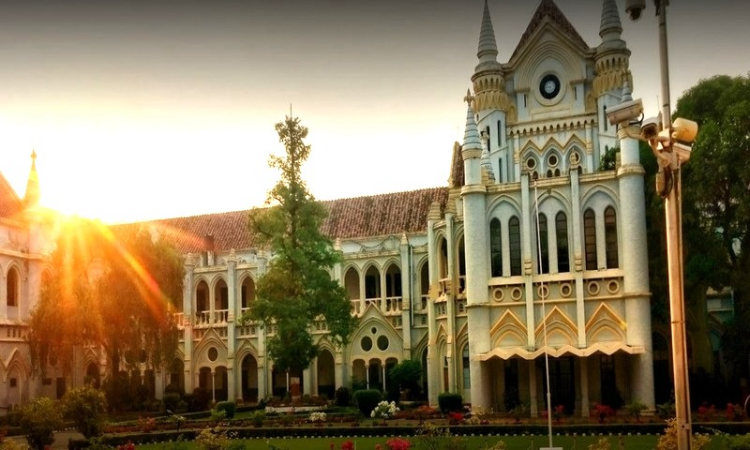Appeal U/S 14A SC/ST Act And Not Revision Would Lie Against Order Of Framing Of Charges: Madhya Pradesh High Court
Zeeshan Thomas
9 Feb 2022 10:28 AM IST

Next Story
9 Feb 2022 10:28 AM IST
Rejecting an objection raised by its registry, the High Court of Madhya Pradesh recently held that the order of framing of charges, which also attracts provisions of the Scheduled Castes/Scheduled Tribes (Prevention of Atrocities) Act, 1989 (hereinafter referred to as 'SC/ST Act'), is not an interlocutory order, and therefore, an appeal U/S 14A SC/ST Act would have to be preferred...
